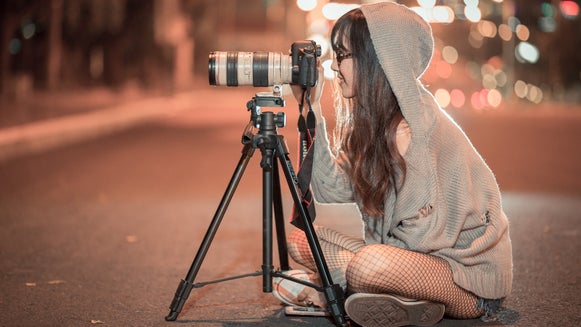8 Tips for Taking Care of Your Camera Equipment
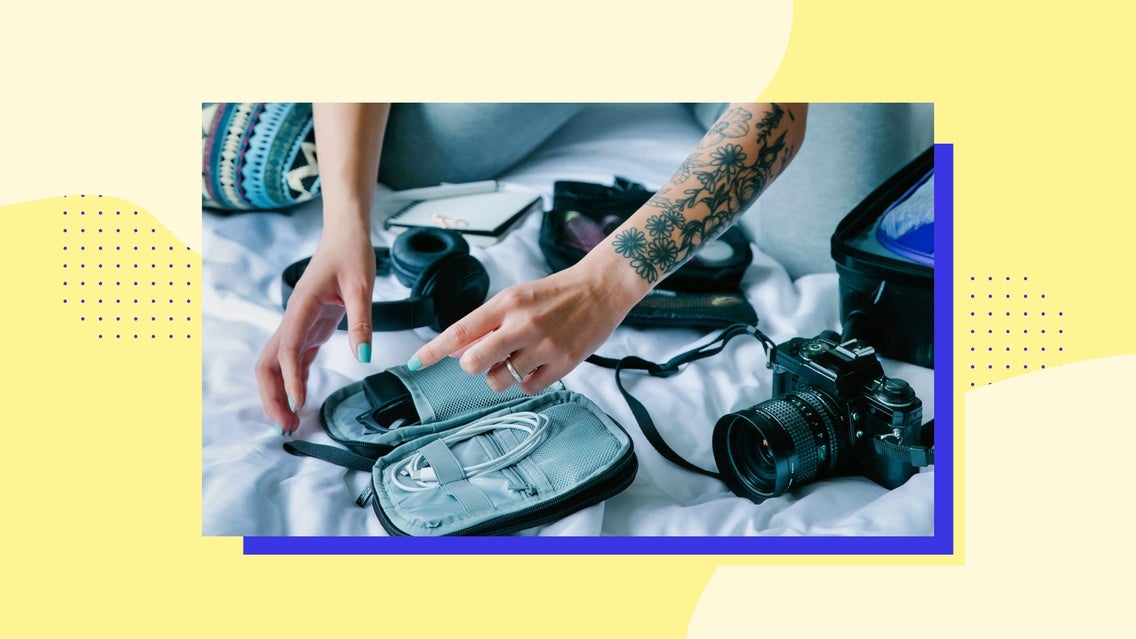
Whether you're a professional photographer or an enthusiastic hobbyist, taking care of your camera equipment is essential to ensure the longevity and optimal performance of your gear. From costly lenses to high-tech bodies, your camera equipment requires regular maintenance to keep it in top-notch condition. In this article, we'll share our top tips on how to take care of your camera equipment.
1. Regularly Clean Your Camera and Lenses
Cleaning your camera and lenses is one of the most important maintenance tasks you can perform. Start by using a blower brush or air blower to remove any loose particles from the surface of your camera and lens. Be careful not to touch the sensor or lens directly with your fingers. Next, use a microfiber cloth and a cleaning solution specifically designed for camera lenses to gently wipe away any smudges or fingerprints. Remember to clean both the front and rear elements of your lens thoroughly. Regular cleaning will ensure optimal image quality and prevent dust from causing spots on your photos.
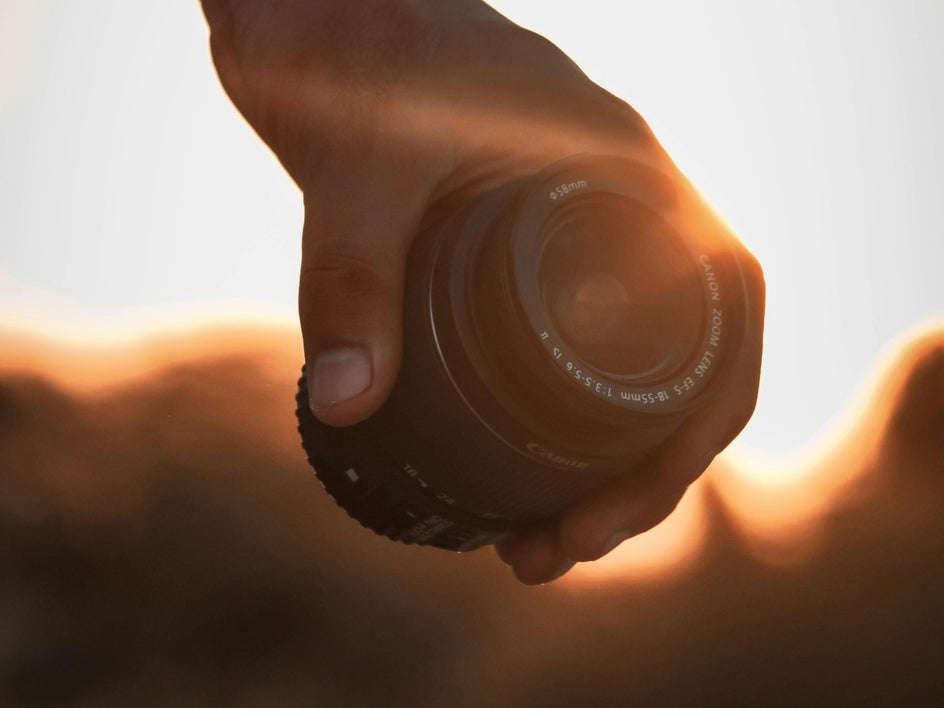
2. Protect Your Camera from Dust and Moisture
Dust and moisture are two of the biggest enemies of camera equipment. To protect your gear from dust, always keep your camera body and lenses covered when not in use. Use lens caps and body caps to prevent dust from settling on the lens or entering the camera body. If you're shooting in dusty environments, consider using a protective filter on your lens to minimize the risk of dust particles reaching the front element. Similarly, when shooting in rainy or humid conditions, use a rain cover or waterproof housing to shield your camera from moisture. Taking these precautions will help prevent damage to your equipment and ensure it lasts for years.
3. Store Your Camera Equipment Properly
Proper storage is essential to protect your camera equipment when it's not in use. Always store your gear in a cool and dry environment, away from direct sunlight and extreme temperatures. Avoid storing your equipment in places prone to moisture, such as basements or attics. We recommend investing in a camera bag or case that provides cushioning and protection for your gear. Use dividers or compartments within the bag to keep your camera body, lenses, and accessories organized and separate to prevent scratches or accidental damage. Additionally, consider using moisture-absorbing silica gel packets in your camera bag to minimize humidity and prevent moisture-related issues.
4. Ensure You’re Handling and Transporting Your Camera Safely
Proper handling and transportation of your camera equipment are crucial to avoid accidents or damage. Always hold your camera with both hands, ensuring a secure grip to prevent accidental drops. When changing lenses, do it in a clean and stable environment to minimize the risk of dust entering your camera body. If you're traveling with your gear, invest in a sturdy camera bag that offers ample padding and protection. Securely fasten your camera and lenses within the bag to prevent any movement during transit. Finally, avoid leaving your camera unattended or exposed to harsh conditions, such as extreme heat or cold.
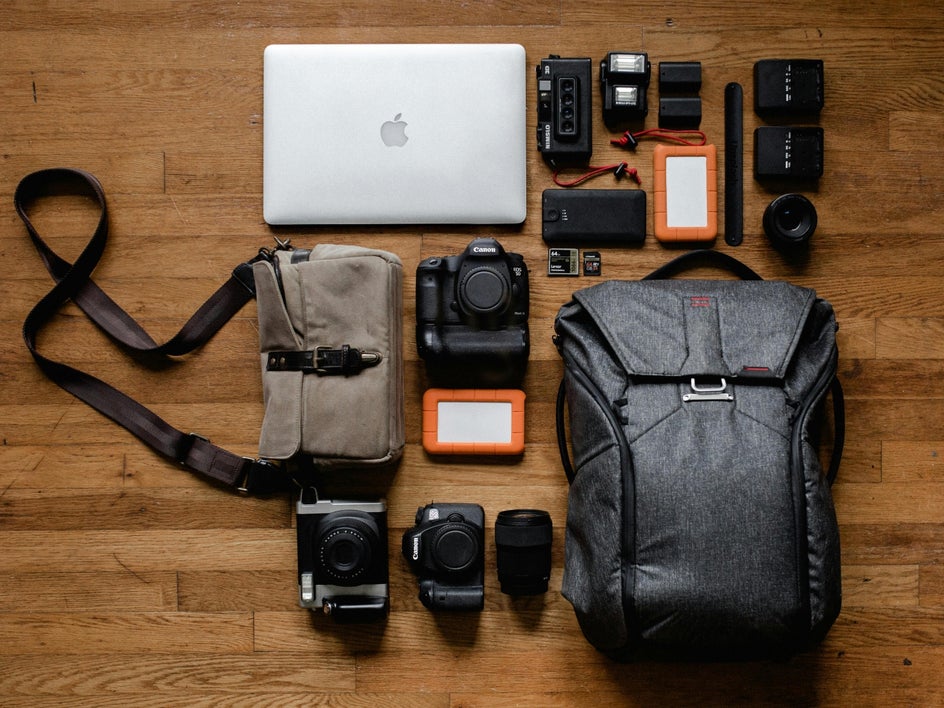
5. Regularly Check and Replace Camera Accessories
Camera accessories, such as batteries, memory cards, and lens filters, play a crucial role in your photography workflow. Regularly check these accessories for signs of wear and tear. Inspect your batteries for any leakage or corrosion and replace them if necessary. Check your memory cards for any visible damage or errors and format them periodically to ensure optimal performance. Additionally, examine your lens filters for scratches or cracks and replace them if needed. By keeping your camera accessories in good condition, you'll prevent any unexpected issues while shooting and maintain the reliability of your equipment.
6. Be Sure to Update Your Camera Firmware and Software
Camera manufacturers often release firmware updates to improve the performance and functionality of their cameras. Regularly check for firmware updates on the manufacturer's website and follow the instructions to install them correctly. Firmware updates can address bugs, introduce new features, or improve overall performance. Similarly, keep your camera software, such as editing programs or tethering software, up to date. Updated software ensures compatibility with the latest operating systems and provides access to new features and improvements.
7. Calibrate Your Camera for the Best Performance
Camera calibration involves adjusting various settings to ensure accurate and consistent results. Start by calibrating your camera's autofocus system to ensure sharp and precise focusing. Many camera models offer built-in autofocus micro-adjustment features, allowing you to fine-tune the autofocus accuracy. Additionally, calibrate your camera's white balance settings to ensure accurate color reproduction. Use a gray card or a color calibration tool to set a custom white balance. Regularly calibrating your camera will help eliminate any focusing or color accuracy issues, resulting in better image quality all round.
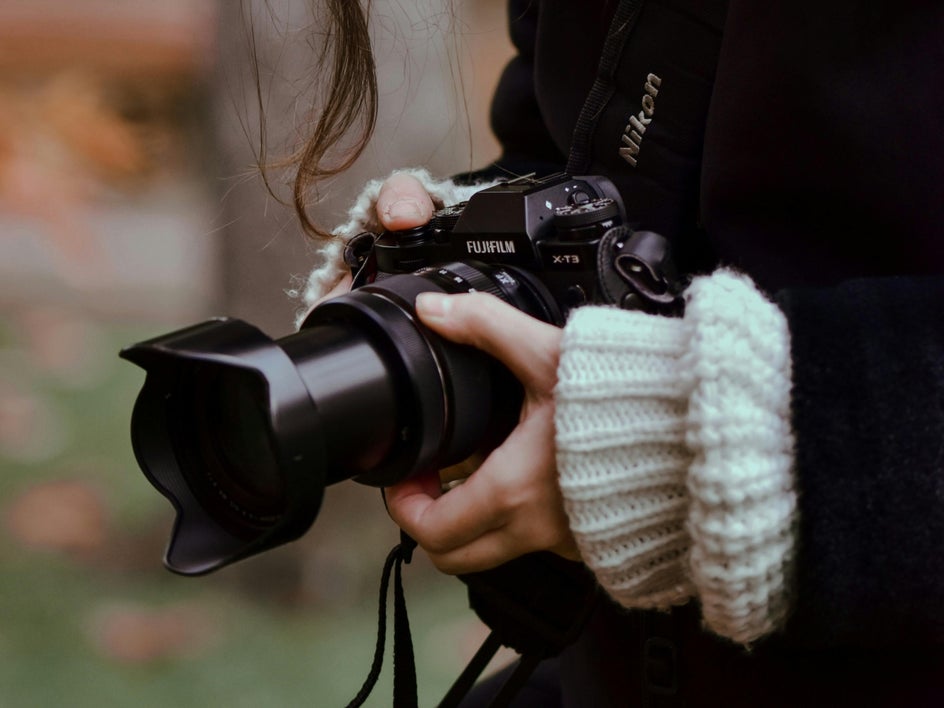
8. Have Your Camera Equipment Serviced Regularly
Despite your best efforts, there may come a time when your camera equipment requires professional servicing. Whether it's a major repair or a routine check-up, it's essential to entrust your gear to a reputable camera service center. Professional technicians have the knowledge and expertise to diagnose and fix any issues with your equipment. Regular servicing can help identify potential problems before they escalate and prolong the lifespan of your gear. Don't hesitate to seek professional help when needed to ensure that your camera equipment remains in optimal condition.
Why Is It Important to Maintain Your Camera?
Proper maintenance of your camera equipment is crucial for several reasons. First and foremost, it ensures that your gear operates at its best, delivering high-quality images consistently. Regular maintenance also helps to prevent common issues such as dust particles on your sensor, scratches on your lens, or moisture damage. By taking good care of your equipment, you'll extend its lifespan and save money on costly repairs or replacements down the line.
Protecting Your Photographic Equipment Is Essential
Taking care of your camera equipment is a vital part of being a photographer. From cleaning your lenses to protecting your camera from extreme weather conditions, each step plays a crucial role in maintaining your gear's performance. So, don't overlook the importance of camera equipment maintenance and make it a regular part of your photography routine. Your gear will thank you with stunning images for years to come!
Of course, no image is stunning without some post-processing. Thankfully, BeFunky’s Photo Editor has all of the tools you need to perfect your photos. Try it today!










